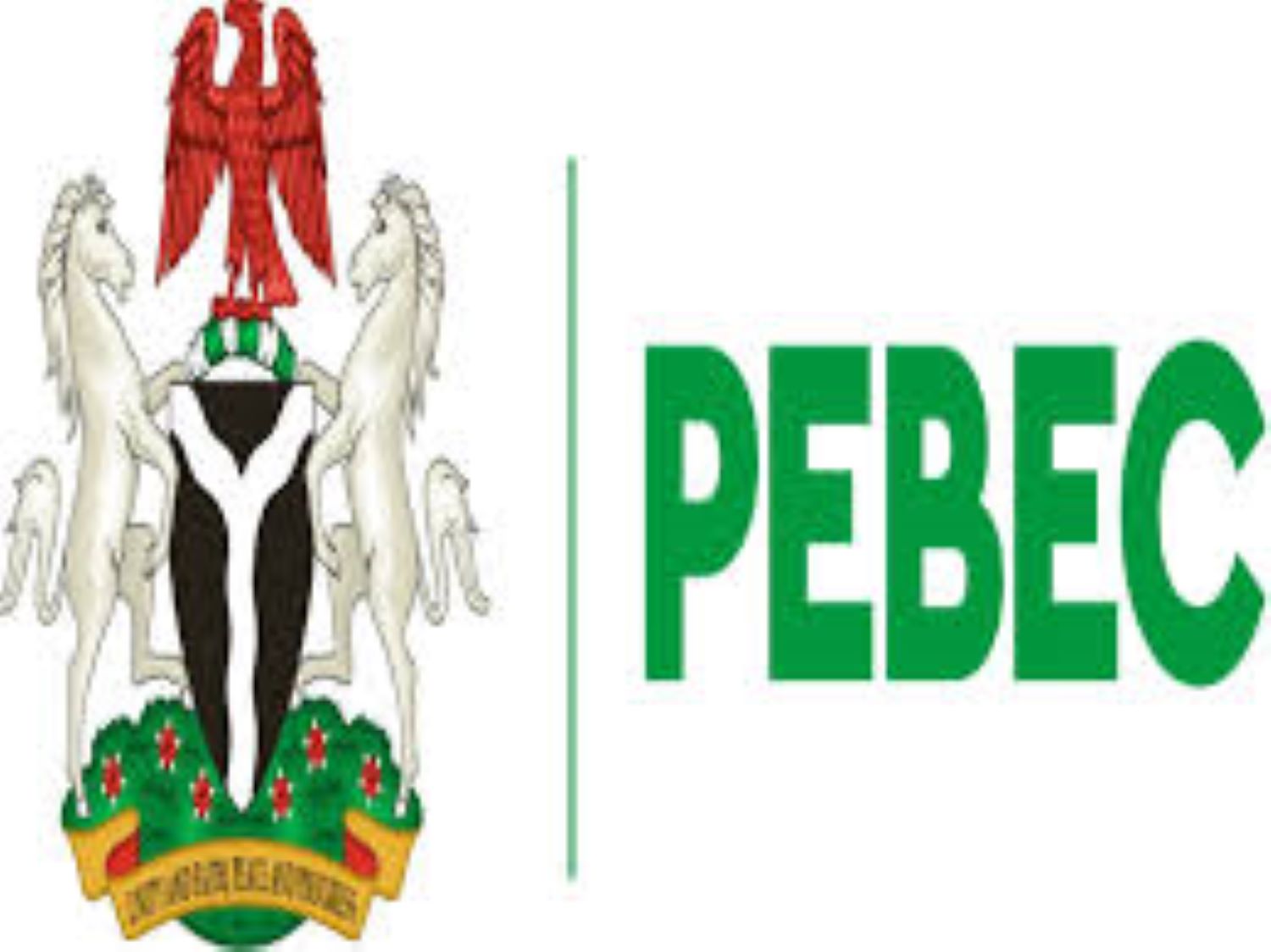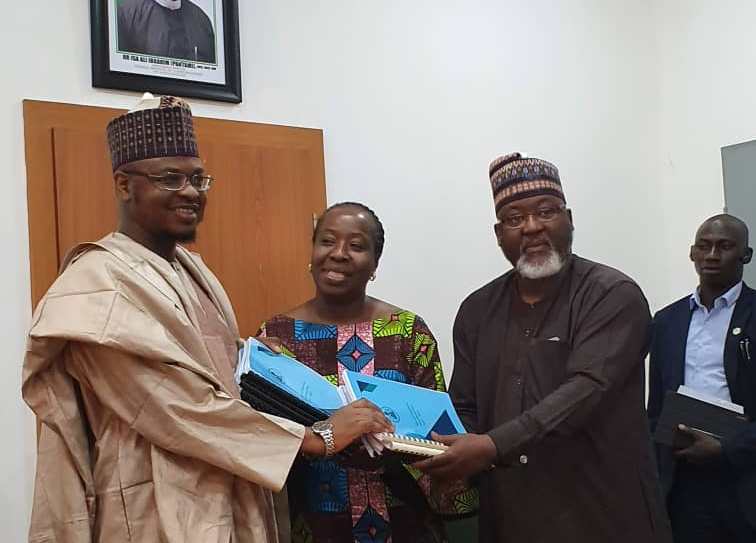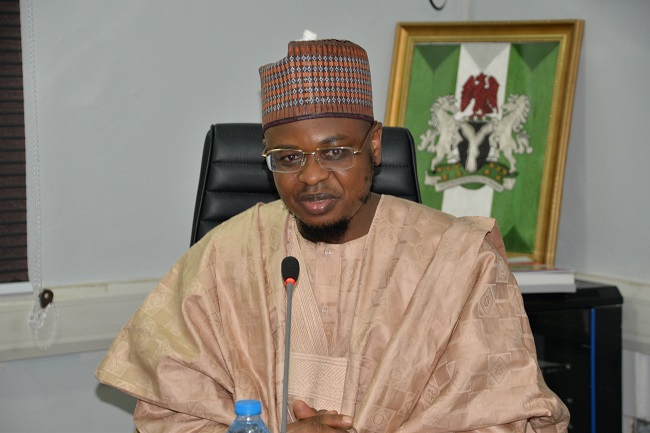Mid last week, the Presidential Enabling Business Environment Council (PEBEC) released its latest 2023 ranking of federal agencies weighed on their levels of compliance with the Executive Order on Transparency and Efficiency in the Nigerian Business Environment.
In the ranking carried out by PEBEC under the Office of the Vice president and made public by the Special Adviser to the President on Ease of Doing Business and Secretary to PEBEC, Dr, Jumoke Oduwole, the Executive Order 001 Compliance Report covered January to December 2022.
The top five performing MDAs are the Nigerian Content Development and Monitoring Board (NCDMB) which emerged first with 81.11 per cent; Standards Organization of Nigeria (SON) which came second position with 78.68 per cent; Federal Competition and Consumer Protection Council (FCCPC) was ranked third with 68.37 per cent; Nigerian Export-Import Bank (NEXIM) came fourth with 64.59 per cent while Corporate Affairs Commission (CAC) came fifth position at 63.68 per cent.
Dr. Oduwole, while presenting the report during a media briefing in Abuja averred that the release of the compliance report was in line with their promise to continuously track and keep the business community updated on the compliance with the Executive Order on Transparency and Efficiency in the Nigerian Business Environment.
Business Hilights recalls that Executive Order 001 was issued by the current administration to strengthen the implementation of business climate reforms and to deepen collaboration among MDAs by instituting a systemic change management process for reform.
Dr. Oduwole noted that PEBEC has been keeping close track of the activities of 57 Ministries, Departments, and Agencies with direct interface with the private sector, especially Small and Medium Scale enterprises.
She added that the EO1 mandates MDAs to submit monthly reports to the PEBEC Secretariat, the offices of the Head of Service (HOS) of the Federation, the Secretary to the Government of the Federation (SGF), and SERVICOM.
However, it was not clear if the activities of the major agencies under the Ministry of Communications and Digital Economy especially the Nigerian Communications Commission (NCC) and the National Information Technology Development Agency (NITDA), were equally monitored after all.
This is coming from the fact that industry observers are of the view that if these two agencies were truly monitored, they would be difficult to be beaten in view of their unprecedented open-ended plus customer-centric policies and their resultant notable progress in growing the nation’s GDP in recent years.
Going by the understanding upon which the EO 01 was designed ab-initio by the Federal Government, it was introduced amongst other things to deepen transparency so as to grow private sector businesses. Otherwise, considerations and PEBEC examinations (if any) would have been more on yearly contributions of MDAs to the GDP and industry stakeholders’ views otherwise.
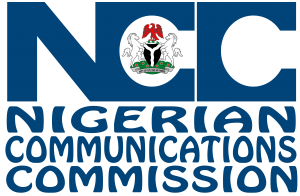 Assuming these two key progressive factors are put on the table, at least, PEBEC would have recalled that only in November last, it was reported that telecommunications has been credited with lifting millions of Nigerians out of poverty; diversifying the economy and providing over $70bn to Nigeria’s GDP under the able leadership of Prof Umar Danbatta.
Assuming these two key progressive factors are put on the table, at least, PEBEC would have recalled that only in November last, it was reported that telecommunications has been credited with lifting millions of Nigerians out of poverty; diversifying the economy and providing over $70bn to Nigeria’s GDP under the able leadership of Prof Umar Danbatta.
Within the same year, it was widely reported that with 13.8 per cent contribution to the GDP, ICT may double oil and gas contribution to the same GDP.
The unfortunate thing is that the same oil and gas is from where the winner had been emerging in the last couple of year led by the Oil and Gas Free Zones Authority (OGFZA) in 2021 and the NCDMB now, in the latest PEBEC report.
Just like NCC, the NITDA had in the last couple of years and especially throughout 2022, been driving capacity building and trainings of ICT startups to grow ease of doing business and transparency in agency activities as these events are evenly spread across the six geopolitical zones of the country. All these jointly grow GDP.
Talking about transparency and ease of doing business, a strategic document from the NCC bumped by our correspondent weekend says it all.
The NCC report, known as Service Delivery Timelines (SDTs) is a veritable tool in determining the level of transparency and ease of doing business in the first place and currently, such a policy can only be found at the NCC.
A detailed review of the document showed that for any application or letter written to the Commission, there is a timeline for official reply and this can best be described as best world practice in corporate transparency and ease of doing business.
It was not clear if the PEBEC team was able to lay its hands on this document which had been on the public domain which is where we got it.
Now, moving away from SDTs, at NCC, customers and industry stakeholders are treated as kings and informed the importance attached to NCC Telecoms Consumer Parliament meetings regularly carried out by the Commission over the year even before the coming of E001 in 2016. The last count was the 84th TCP in 2022.
In driving openness and ease of doing business, there has never been any policy implementation at NCC without a prior stakeholder’s town hall meeting to seek and galvanize industry opinion ahead of official actions.
So also, at NITDA, the stakeholders meeting is the same; all to grow the ICT industry and deepen its contributions to the GDP.
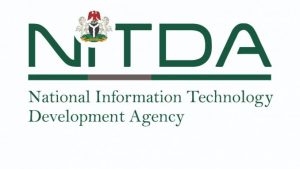 Aside carrying the industry players along, only last year, the NCC has farmed, slotted and auctioned and flagged off the coming of 5G network ahead of many African economies and the process also earned much foreign currency to the Federal Government.
Aside carrying the industry players along, only last year, the NCC has farmed, slotted and auctioned and flagged off the coming of 5G network ahead of many African economies and the process also earned much foreign currency to the Federal Government.
Now, facing activities at the NITDA proper, it is very important to recall that only the same 2022, NITDA strategically rebranded to align with the vision of developing a Digital Economy and positively impacting governance and the economy. Many reforms were executed, and the Agency now has a Career Structure (Scheme of Service), Condition of Service and Performance Management System (PMS) to enhance staff productivity for effective service delivery. These transformational efforts culminated in recognition of the Agency’s professionalism, high productivity, hard work and excellent service delivery by President Muhammadu Buhari, GCFR, through the prestigious National Productivity Order of Merit (NPOM) award on 12th May 2022.
A question the PEBEC should answer is whether one can win NPOM and lose falling within top 10 in its ranking same year?
Aside the above, in the last three years, NITDA under the leadership of Kashifu Inuwa has registered very strategic achievements for the growth of businesses in the industry.
1. ICT Infrastructure Interventions – To address the digital infrastructural gaps in Nigeria, the Agency deployed 601 digital infrastructures, including Digital Economy Centres, e-Learning facilities, Desktop Computers, Laptops, iPads, IT Community Centres, IT Hubs and Innovation Parks across Nigeria. Furthermore, the Computer Emergency Response and Readiness Centre (CERRC) was remodelled and upgraded to enhance cybersecurity and protect Federal Public Institutions (FPIs) against intruders. The CERRC has successfully handled over 50 hacking on government websites, 500+ phishing hacking and issued over 80 advisory notes to the public. Another significant infrastructural intervention was the National Public Key Infrastructure (PKI) deployment to enhance online safety on electronic platforms and secure electronic transactions. The Agency also launched the first digital Fabrication Laboratory (FabLab 1.0) in Nigeria to provide facilities for innovators to build digital products and enhance indigenous digital innovation.
2. Savings for the Federal Government – Through the IT Projects Clearance process, the Agency has successfully assessed and cleared 575 unique IT projects from over 267 federal MDAs. The process has helped in saving ₦45.6 Billion for the Federal Government.
3. Creating Business Enabling Environment – In 2021, the Agency unveiled its Strategic Roadmap and Action Plan (SRAP 2021 – 2024), which is anchored on seven strategic pillars to support the achievement of the National Digital Economy Policy and Strategy (NDEPS) objectives. The ongoing implementation of the 63 strategic initiatives of SRAP has significantly contributed to the impact of ICT on the economy. In addition, the Agency’s strategic engagement with critical stakeholders in the ecosystem and implementation of the 63 strategic initiatives have made Nigeria the leading destination for Foreign Direct Investment (FDI) to startups in Africa, attracting about US$3.8billion which constitutes about 35% of all FDI into African startups from 2019. The recent Digital Nigeria Conference, hosted by the Agency, validated the interest in the ecosystem, which attracted 18 international speakers and a cumulative attendance of over 7,000 participants.
4. Job Creation for the Citizens – Through the Agency’s implementation of strategic initiatives and interventions, many jobs were created for Nigerians. For instance, the Agency set up the Tech4COVID Committee, which developed strategies to cushion the effects of the COVID-19 pandemic that facilitated the retention of over 100,000 ICT jobs and created additional 30,000 jobs in the post-COVID-19 era. Similarly, the NDPR compliance drive created 7,680 jobs and a market valued at ₦1.2 billion. Furthermore, the implementation of the Agency’s National Adopted Village for Smart Agriculture (NAVSA) initiative has thus far engaged nine hundred (900) farmers and created over five thousand (5,000) direct and indirect jobs. The initiative targets the engagement of ten (10) million farmers across the agricultural value chain by 2030. The Agency developed the National Outsourcing Strategy to deliver one (1) million jobs by 2025, contributing to the employment of 16,540 Nigerians and a Business Process Outsourcing market estimated at US$286.8 million, as reported by Africa Global Business Services (GBS).
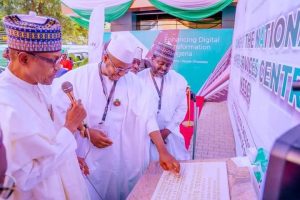
5. Promotion of Indigenous Digital Innovation – To promote the adoption of emerging technologies in Nigeria, the Agency established the National Centre for Artificial Intelligence and Robotics (NCAIR). The NCAIR has trained 1,250 youths across Nigeria on high-end cutting-edge technologies. The Office for Nigerian Digital Innovation (ONDI) was created as a Special Purpose Vehicle (SPV) to help incubate ideas and develop an enabling environment for startups to thrive. Through the ONDI, the Agency supported 143 startups through; Facilitation of ₦50 million grant each to 6 startups; Facilitation of US$15,000 each to 3 startups; Seed funding support to 12 startups; Sponsorship of 43 startups to GITEX global event, LEAP Tech Conference, Intra-African Trade Fair, and 35 Nigerian startups to local events; Acceleration of 30 startups through the Bridge to MassChallenge (B2MC) Nigeria programme; Incubation of 16 startups through the iHatch Incubation programme; Training of 20 startups through the North-East Startup Training (NEST) programme; Training of 74 innovators to build viable tech businesses through the Technology Innovation and Entrepreneurship Support (TIES) Scheme; Acceleration of 3 Nigerian startups through the NINJA Acceleration Programme in partnership with the Japan International Cooperation Agency (JICA); and Training of 300 secondary school students on digital innovation and entrepreneurship.
6. Digital Talent Development – The Agency is currently conducting an IT Talent Gap Assessment to strategise better and effectively harness Nigeria’s youthful population for tech talent acceleration and position Nigeria as a global IT Talent Factory. In line with the FG’s initiative on social investment, the Agency launched the one (1) million software developer initiative, and thus far, 215,524 Nigerians have completed or are undergoing related capacity-building programmes. In addition, various multi-sectoral capacity-building programmes were launched to promote digital literacy, and 823,814 Nigerians have been trained so far.

